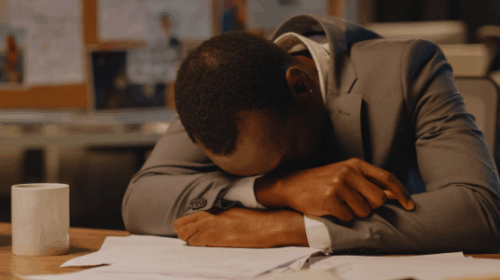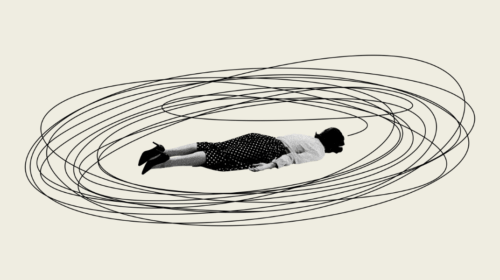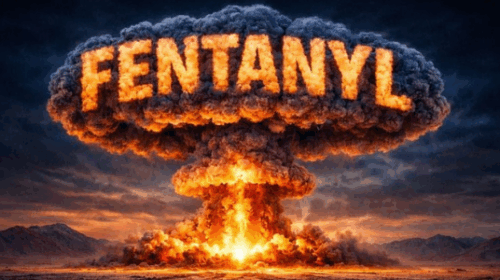Ozzy Osbourne—frontman of Black Sabbath, solo artist, reality TV icon, and the self-proclaimed Prince of Darkness—has died at 76.
His death marks the end of one of the most chaotic, influential, and unapologetically human journeys in rock history. But even now, after the final note’s been played, the echoes of Ozzy’s voice—raspy, defiant, and weirdly tender—still carry weight.
To talk about Ozzy is to talk about music that split the atom. Black Sabbath didn’t just create heavy metal, they blew open the freakin’ portal. With bone-deep riffs and lyrics that stared directly into the void, Sabbath made it cool to question everything. Then Ozzy’s solo career gave us hits like Crazy Train, cementing his place in pop culture as both menace and misfit. He was never polished. He wasn’t trying to be. That’s why it worked.

But Ozzy’s legacy doesn’t stop at the music. His decades-long struggle with drug and alcohol misuse was never tucked neatly away in a PR-approved statement. It was messy. It was public. And it was real. He went on stage high. He relapsed on camera. He owned it, even when it was ugly. And through it all, he kept showing up. Sometimes broken, sometimes laughing at the absurdity of it all, but never pretending to be anything he wasn’t.
What makes Ozzy’s story all the more important isn’t just that he survived it—it’s that he talked about it. He didn’t make recovery a victory lap or turn sobriety into a personality. He admitted it was hard. That he slipped. That he had to try again. In a world of curated redemption arcs, Ozzy’s openness was rare and, for many, life-saving. Not because he got it all right, but because he didn’t.
Addiction doesn’t care if you’re a rock star. Mental health doesn’t care if you’re legendary. Ozzy’s life was proof that even the loudest, wildest, most iconic figures can be vulnerable. And that being vulnerable doesn’t make you weak—it makes you human.
For those still in the thick of it—numb, stuck, afraid of what happens if the chaos stops—Ozzy’s story is a reminder: You’re not too far gone. You’re not the only one. You don’t have to be perfect to get better. And you sure as hell don’t have to lose your edge to heal.
Ozzy Osbourne is dead. But what he gave us musically, culturally, and emotionally will live on. The man who once bit the head off a bat also told the world, without shame, that he needed help. That’s punk as hell. And it’s something the industry—and the rest of us—should never forget.
Rest easy, Prince of Darkness. You took us all on a Crazy Train. Thanks for the ride.























